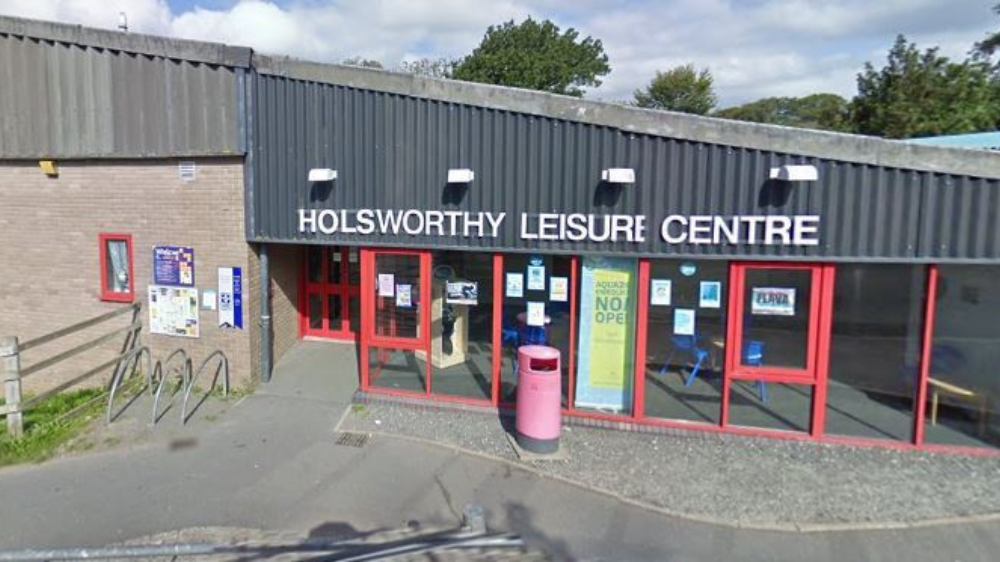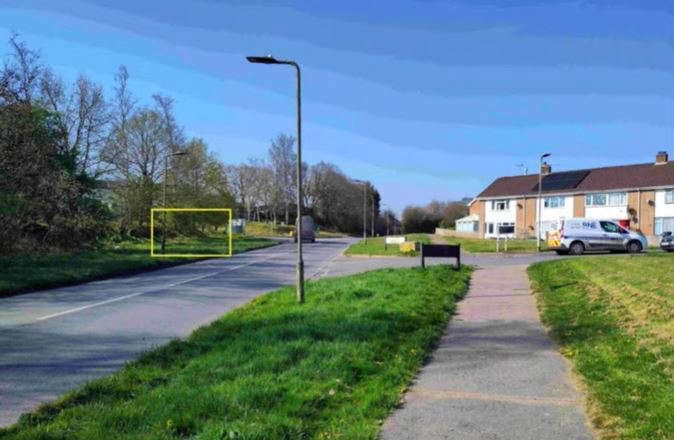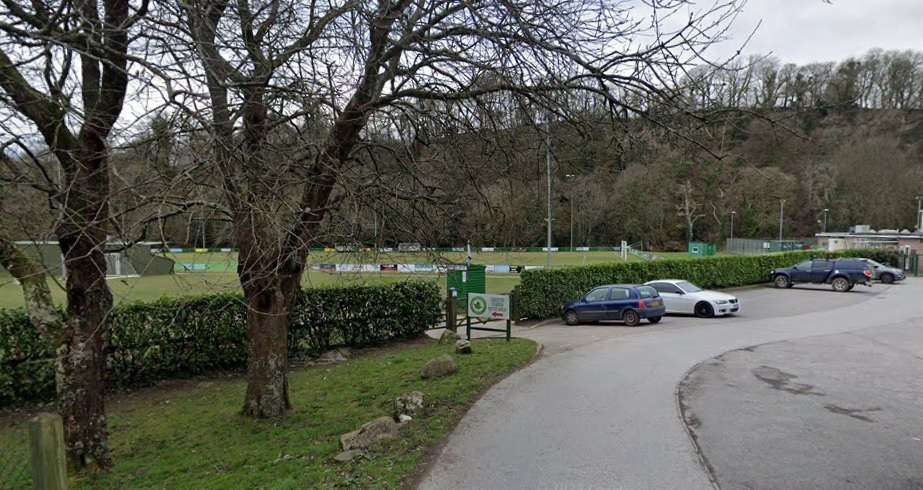1,500 diseased trees to be axed
Devon County Council is stepping up its programme of removing ash dieback-infected trees from alongside Devon’s major road network this summer.
Almost 150 infected trees alongside the A388 at Holsworthy are currently being felled. Now a further 1,500 or so are set to go. From Monday 12 July work starts on the A399 at Brayford in North Devon to remove 220 trees with ash dieback that are within falling distance of the highway.
An independent arboriculturalist and ecologist has identified diseased trees that are a possible risk to the public.
Ash dieback is a highly destructive fungal disease which is devastating native ash trees across the country. In 2017 nine cases were found in five locations across Devon. By last year, this had increased to more than 7,000 trees in 1,100 locations.
More than 90 per cent of Devon’s native ash trees are expected to be lost due to the disease in the next five to 15 years. Trees with ash dieback can become unstable and can shed branches and collapse as the level of infection spreads within the tree.
The A399 at Brayford will be closed from 8am to 8pm between Monday to Thursday this week and next - the very time, of course, that people mostly want to drive along it. A signed diversion will be in place.
Other locations where trees are also scheduled to be removed in the coming months, but with dates still to be confirmed, are:
A396 Black Cat to Apple Tree Cottage,
B3227 Oakfordbridge,
B3357 Dartmeet,
B3227 Taddiport,
A386 Weare Giffard,
A377 Chulmleigh,
B3234 Lynton,
A39 Barbrook,
A3124 Great Torrington,
B3227 Shillingford,
A386 Rosemoor,
A379 Fancy Cross near Salcombe,
and A3072 Killatree Cross at Holsworthy.
Councillor Stuart Hughes, Devon County Council cabinet member for highway management, said: “Our surveys estimated a few years ago that the County Council would potentially have to remove thousands of our own ash trees from highway land across Devon and unfortunately those projections are proving correct as we're seeing infection levels continuing to rise in our tree stock.
"It's sad to see these trees taken down but we have to maintain the safety of the public on our road network, and the only way to do that is to remove the diseased trees that pose a risk of either losing limbs or collapsing onto the road. We regularly monitor our trees and we would encourage private landowners to do the same and have their trees professionally inspected in order to manage this highly infectious tree disease.”
Devon County Council’s “My tree, my responsibility” campaign, supported by the Devon Ash Dieback Resilience Forum, aims to inform owners of trees to look out for signs of the fungal tree disease and to take any appropriate action in order to maintain public safety.
The County Council says it will replace trees lost through ash dieback. It has adopted a 3-2-1 tree replacement principle, where three saplings will be planted for each mature tree it fells due to ash dieback, two saplings will replace a semi-mature tree, and one new sapling will be planted for each small tree lost.
Trees won’t be re-planted immediately in areas where ash dieback is still prevalent.
The attached Devon County Council video about the subject was prescient. From July 2019, it predicts a serious problem in the county.
 Torridge taxpayers safe from leisure collapse
Torridge taxpayers safe from leisure collapse
 West Devon planners say no to net-zero plans
West Devon planners say no to net-zero plans
 East Devon theatre needs your help
East Devon theatre needs your help
 Ivybridge football project given go ahead
Ivybridge football project given go ahead
 Farage condemns Devon's 'woke' Tories
Farage condemns Devon's 'woke' Tories
